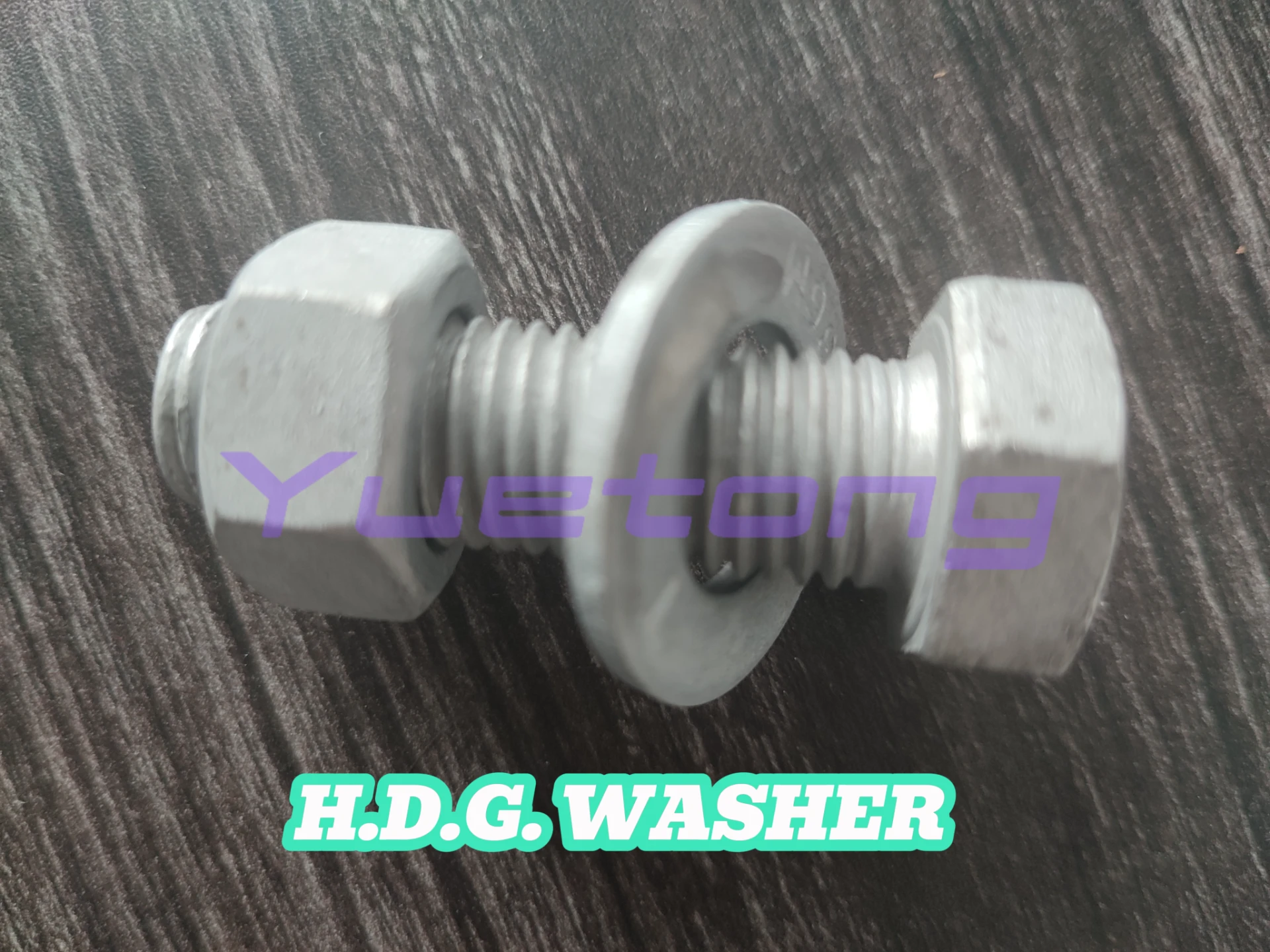Dec . 05, 2024 16:46 Back to list
Hexagonal Bolt and Nut Combination for Secure Fastening Solutions
The Essential Partnership Hex Bolts and Nuts in Engineering
In the world of engineering and construction, few components are as fundamental yet overlooked as hex bolts and nuts. These seemingly simple fasteners play a crucial role in the integrity and durability of countless structures and machines. Understanding the design, purpose, and application of hex bolts and nuts is essential for anyone involved in engineering, manufacturing, or DIY projects.
Understanding Hex Bolts and Nuts
Hex bolts are characterized by their hexagonal heads, which allow for better grip and easier application of torque during fastening processes. This design facilitates the use of standard tools such as wrenches and sockets, making the assembly or disassembly of structures more efficient. Hex bolts are typically made from various materials including steel, stainless steel, and alloy steel, each offering different levels of strength, corrosion resistance, and temperature tolerance.
Hex nuts, on the other hand, are the complementary fastening elements that work with hex bolts. They feature a hexagonal shape that allows them to be turned easily with the same tools that are used for hex bolts. Nuts typically have a threaded hole in the center, which matches the thread of the corresponding bolt. This pairing is crucial for creating secure and stable connections in various applications.
The Importance of Threading and Compatibility
One of the critical details in the use of hex bolts and nuts is the threading. The thread pitch, diameter, and type must be compatible; otherwise, the connection could fail under stress. Coarse and fine threads serve different purposes; coarse threads are better for quick assembly and disassembly, while fine threads offer better resistance to vibration and are often preferred in high-stress applications.
When constructing or repairing structures, selecting the right combination of hex bolts and nuts ensures that the load is evenly distributed and the joint remains secured over time. This compatibility is essential not only in engineering but also in everyday applications like furniture assembly and automotive repairs.
Applications Across Industries
hex bolt nut

Hex bolts and nuts are ubiquitous across various industries, including construction, automotive, aerospace, and manufacturing. In construction, they hold together steel girders and framework, ensuring stability and safety for buildings and bridges. In the automotive industry, they fasten engine components, ensuring that the engine operates efficiently and safely.
Even in the aerospace sector, hex bolts play a significant role in maintaining the safety and functionality of aircraft. The rigorous demands of flight require fasteners that can withstand extreme conditions, including temperature fluctuations and high-speed vibrations.
Additionally, the manufacturing industry relies on the reliability of hex bolts and nuts for assembling machinery and equipment. As production needs grow, the precision and quality of these fasteners become even more crucial.
Quality and Standards
Not all hex bolts and nuts are created equal. The quality of fasteners can significantly influence the safety and durability of a project. Standards such as the ASTM (American Society for Testing and Materials) and ISO (International Organization for Standardization) define the minimum requirements for materials, dimensions, and performance of bolts and nuts. These standards ensure that consumers receive reliable and safe components that are fit for their specific applications.
When sourcing hex bolts and nuts, it is vital to choose reputable suppliers who adhere to these standards. Quality fasteners can improve the performance of a project while reducing the likelihood of failures that could lead to costly repairs or, in severe cases, catastrophic accidents.
The Future of Fastening Solutions
As technology advances, the world of fastening solutions continues to evolve. Innovations in materials and coatings are enhancing the performance of hex bolts and nuts. For example, the introduction of high-strength alloys and corrosion-resistant coatings improves longevity and reliability in challenging environments.
In conclusion, hex bolts and nuts are indispensable components in modern engineering and construction. Their reliable design, ease of use, and compatibility ensure that they maintain structural integrity across a diverse range of applications. Understanding and utilizing these fasteners effectively can lead to safer, more efficient engineering practices, ultimately benefiting society as a whole. Whether you're a seasoned engineer, a manufacturer, or a DIY enthusiast, recognizing the significance of hex bolts and nuts is crucial in achieving quality and safety in any project.


